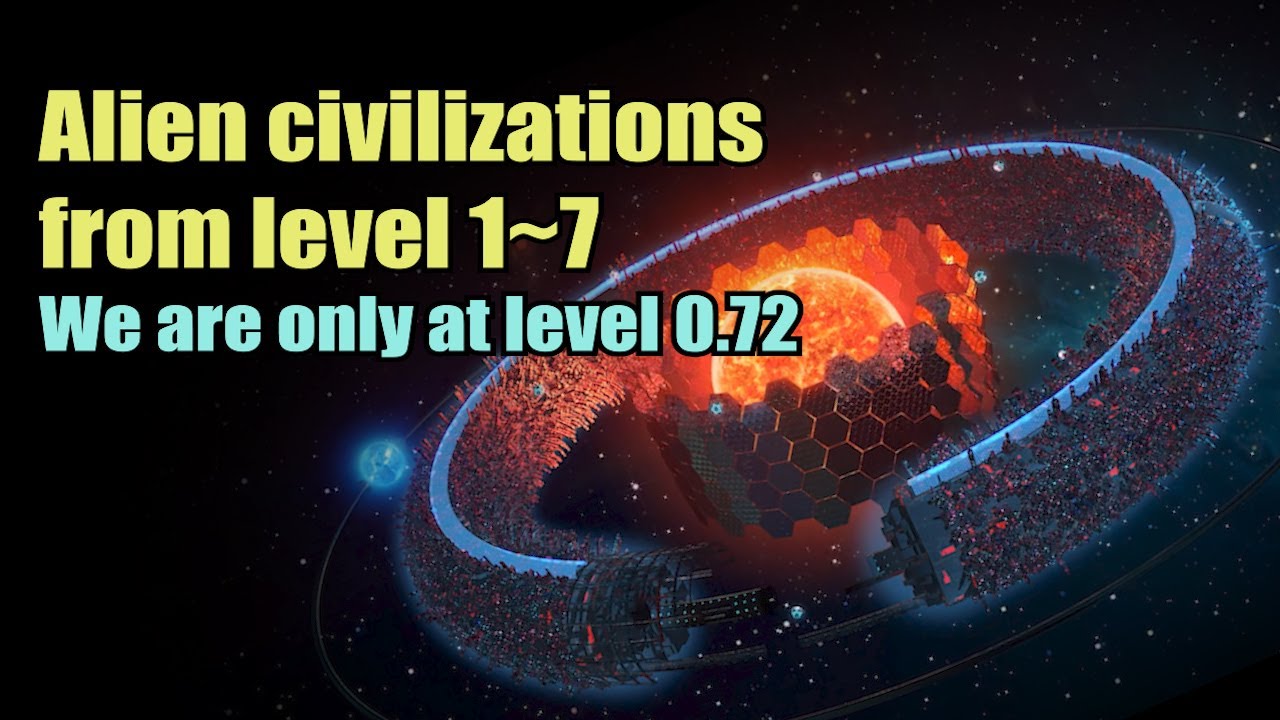B\ Reason (Logic)
Reason, in its strict sense, is our ability to detect contradictions in ideas or arguments. When a contradiction is discovered, it evokes doubt, thus prompting a revision or a better understanding of the truth.
Descartes defines reason or “good sense” as “the power to distinguish truth from falsehood.” According to him, this ability is “the most equally distributed thing in the world,” meaning everyone possesses this faculty. However, the way each person uses it determines their access to truth.
Example: Friday, or, The Other Island, Michel Tournier
In this novel, Michel Tournier explores the relationship between man and his environment, as well as the process of self-discovery through the trial of solitude. As in Descartes’ philosophy, the protagonist must learn to use his reason to understand and act upon his environment.
In the excerpt studied, Robinson lost in the solitude of his island, is deceived by a chimerical vision. He first believes he hears a “heavenly symphony,” thinks he sees a Spanish galleon filled with sumptuous feasts, and even sees the face of his deceased sister Lucy. But this illusion only reinforces his isolation, as all of this was merely the product of an imagination prey to solitude and despair.
This passage illustrates how reason, when clouded by emotions and solitude, can be deceived by illusions. Like Robinson, individuals must turn to the rigorous examination of their own experience to avoid being trapped by such illusions. Eventually, Robinson acknowledges that the ship does not exist and decides to take control of his destiny, anchor himself in the reality of the island, and work to overcome his temptation to yield to delusional dreams. This is the very illustration of the importance of reason in discerning truth from imagination.
Modernity in History
Historically, the modern period begins in 1453 with the fall of Constantinople and extends to 1789, marked by the French Revolution. This period saw profound transformations in society:
- 1453: The fall of Constantinople → The beginning of great voyages and the discovery of new cultures.
- 1492: Christopher Columbus’ voyage → The development of capitalism, which favors the emergence of individualism.
These changes signal a transition from traditional societies (dominated by religious and social structures) to modern societies based on autonomy and individual freedom. These transformations were also reinforced by technological and scientific advances.
The Printing Press and Its Consequences
The invention of the printing press by Gutenberg in the 15th century marks a revolution in access to knowledge. Before this invention, most people could not read the Bible, entirely dependent on the Church to interpret sacred texts. With the printing press, access to knowledge was democratized, facilitating the spread of Protestantism and challenging the Church’s exclusive authority.
The Scientific Revolution
In the 17th century, a scientific revolution began. Sciences, particularly physics, became increasingly mathematical. Figures like Galileo and Pascal played major roles in this movement.
- 1602: Galileo established the first law of modern physics: the law of falling bodies, formulated by V = ½.g.t².
Descartes and Modernity
Descartes perfectly embodies the two great characteristics of modernity:
- The development of sciences to master nature: Descartes was one of the first to promote the idea that humanity must progress through sciences and techniques. By developing “mechanics, medicine, and scientific morals (psychology),” Descartes argued that we could become “masters and possessors of nature.”
- Complete quote: “It is possible to attain knowledge that is very useful to life, and that instead of this speculative philosophy taught in schools, one could find a practical philosophy, by which, knowing the power and actions of fire, water, air, the stars, the heavens, and all the other bodies around us, as distinctly as we know the various trades of our artisans, we could use them in the same way for all purposes to which they are suited, and thus make ourselves as masters and possessors of nature.” (Discourse on the Method, sixth part)
- The autonomy of the individual: For Descartes, each individual must think for themselves and make their own choices. His famous phrase “I think, therefore I am” (Discourse on the Method) expresses this idea of autonomy based on reason. Truth is not something found externally, but within oneself, through a rigorous analysis of our thoughts, memories, and desires.
Reason as the Foundation of Truth
Descartes is a rationalist, meaning he believes that truth rests on reason. Unlike empiricists, who believe truth is found in sensory experience, Descartes argues that truth is accessible by thinking and analyzing thoughts. It is not enough to rely on external information (media, school, Church) without carefully examining it in the light of reason.
Example: The Illusion of Love
Imagine a person who believed in sincere love but later discovered that their partner betrayed them. This person must then use their reason to analyze their feelings and uncover the truth of the situation. Even if friends or loved ones betray our trust, it is by using reason that we overcome these illusions and move closer to the truth. This process of questioning is at the heart of Descartes’ approach: to ask questions and use reason to distinguish truth from falsehood.
1519: Martin Luther and Protestantism
In 1519, Martin Luther played a central role in the birth of Protestantism, a religious movement that challenged the authority of the Catholic Church. By publishing his 95 Theses in 1517, Luther denounced the practice of indulgences and advocated a return to a more authentic faith, based on the Scriptures. This act marked the beginning of the Protestant Reformation, which profoundly altered Europe by fragmenting Christianity and giving rise to new religious branches. The Reformation also encouraged greater individual freedom in the practice of faith, an aspect aligned with modern ideals of autonomy and personal responsibility.
The question arises: Does consciousness make us free beings?
Our consciousness is a fundamental element of our existence. It is by becoming aware of our desires and goals that we are capable of making choices, like deciding to pursue our studies, for example. However, it is not enough to simply be aware of our desires. We must also learn to sort through them, reflect, use our reason, and finally, have the will to accomplish what we have decided. Yet, is it so clear that we always have a clear vision of our desires? And above all, do we always have the will to accomplish what we decide?
The real problem lies in the following question: Why do some people manage to achieve what they desire, while others do not? Are there certain conditions or factors that make this easier for some people than for others?
This leads us to reflect on the notion of determinism.


